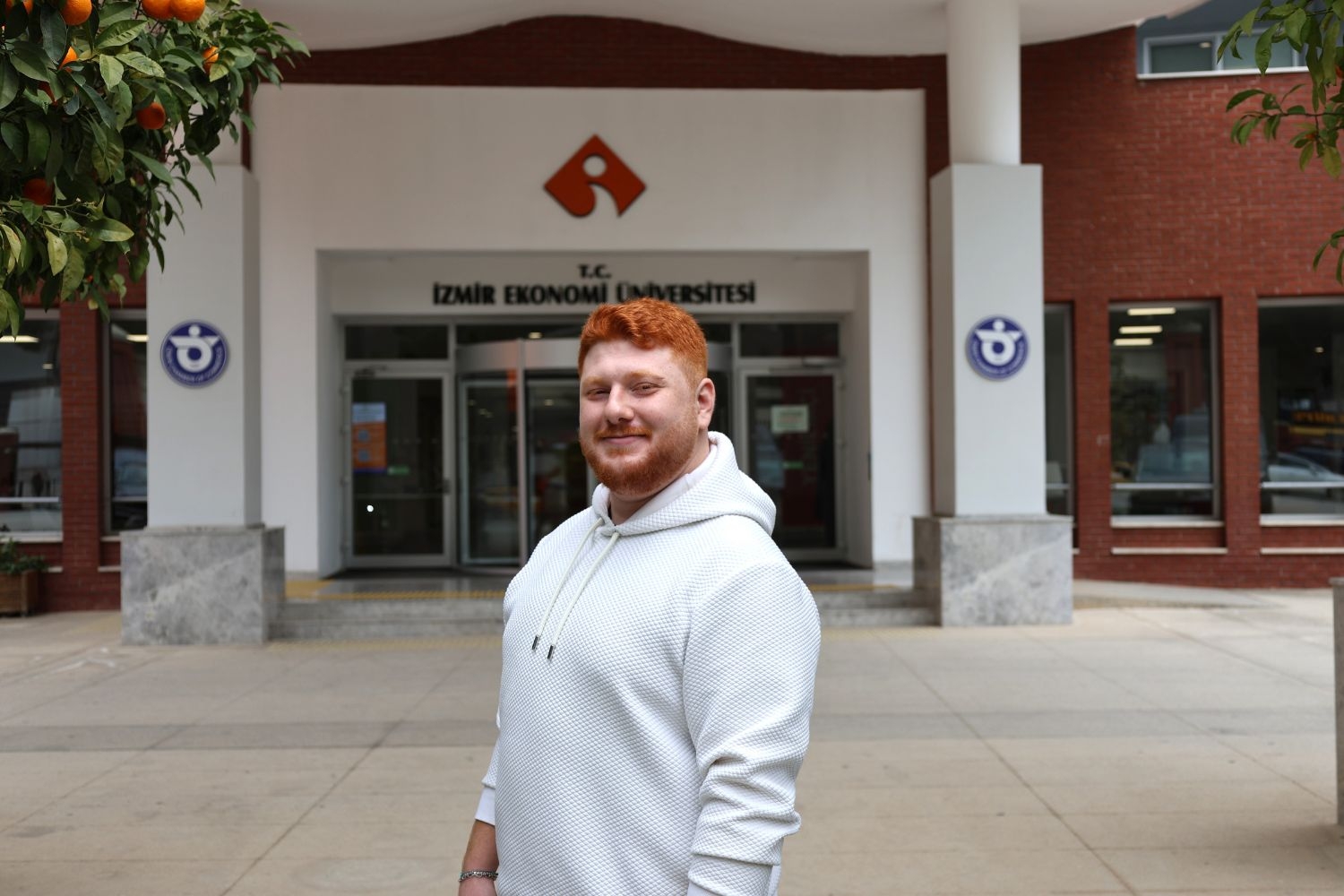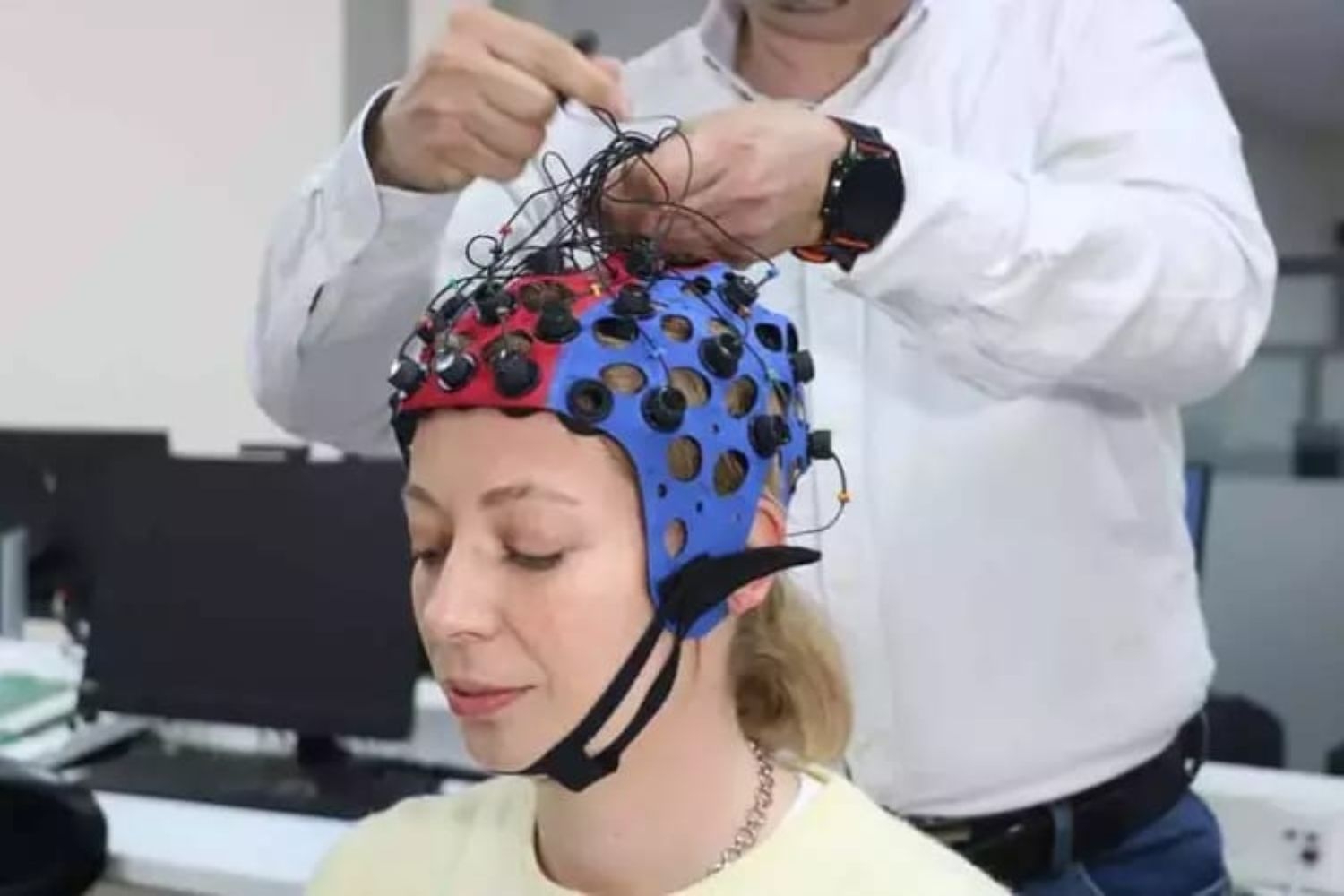ENGINEERING FACULTY MEMBERS AWARDED WITH TUBITAK GRANTS
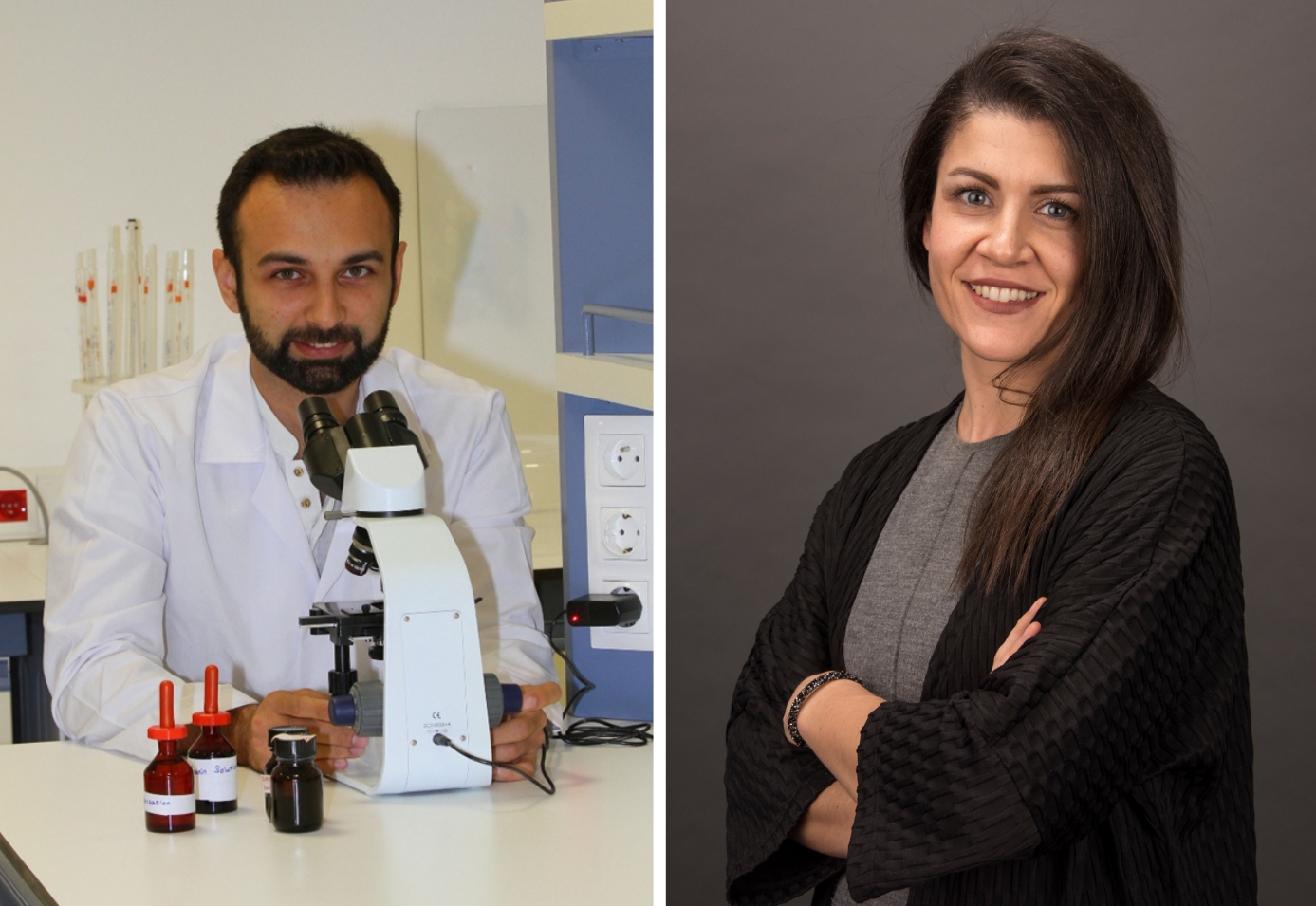
Asst. Prof. Seçkin Eroğlu from Genetics and Bioengineering Department received TUBITAK 1001 grant with project named "Investigating the role of YSL gene family in iron metabolism of the seed".
One of the most common nutrient deficiencies in Turkey and in the world is iron deficiency. It is more common in women and children. Due to symptoms such as fatigue and learning difficulties, iron deficiency results in loss of labor. Governments distribute iron containing tablets or syrups, or enforce the addition of iron into basic foods such as bread in order to comprehensively fight against iron deficiency.
Such efforts may produce good results in the short tun, however it does not address the core pof the problem: the fact that typical foods are insufficient in terms of meeting the need of human body for iron. So far, the iron content of several foods have been increased thanks to strain selection efforts, however these increases were far from meeting the need. Asst.Prof.Dr. Seçkin Eroğlu from IUE Genetics and Bioengineering Department thinks that relying on strain selection efforts without understanding the factors that prevent plants from becoming enriched in terms of iron will yield limited success. And he won a TUBITAK 1001 grant in order to discover these factors.
Iron is absorbed from the soil by the roots of plants, and then it is transported from the roots to the stem, and from the stem to the seeds, the edible part of the plant. Iron cannot enter or exit the plant cells by itself, it requires iron-carrying proteins found in the cell structure. Discovering the proteins that carry iron to the edible parts of the plants will help us determine which proteins should be targeted in the strain selection efforts.
In order to determine what these particular proteints are, the proteins which are thought to play a part in the iron-carrying process will undergo a forced mutation so that they will become inactive, and the effects of this change on the iron content and distribution will be analyzed. In this project, Arabidopsis thaliana, which is plant that is frequently used in genetics studies, will be used instead of common foods such as wheat. The reason for this choice is the fact that plants such as wheat have many copies of the same genes and significant changes do not occur when one of these identical genes undergo a mutation. Unlike wheat, Arabidopsis plant has a very simple genome, and its genes usually do not multiple copies. Hence, it becomes possible to observe the direct effect of the disabled proteins on the plant. Dr. Eroğlu believes that finding the equivalents of the proteins that carry iron in the Arabidopsist plant in basic foods would be a quicker approach than trying to discover what these genes are in basic foods. Consequently, he believes that he can solve the global iron deficiency problem once and for all.
Asst. Prof. Özge Sağlam from Mechanical Engineering Department received TUBITAK 1001 grant with project named "Development of Ultra Thin, Flexible and Transparent Capacitor with Nanofilms Produced from Two Dimensional Oxide Nanopters"
Transparent and bendable thin panel displays, highly permeable, flexible and lightweight, can be used in wearable device technologies. Capacitors that play a critical role in electrical and electronics engineering, serve in fast charging and discharging operations in pixel driver circuits of thin panel displays. The capacitor must have a high capacitance and a low leakage current to ensure the color brightness of each pixel. Capacitors produced for flexible electronic devices need to be ultra-thin, highly permeable and flexible, and at the same time, their capacitance values should be maintained. The objective of this project is to fabricate ultra-thin, flexible and transparent capacitor having high dielectric oxide layers in which nanosheets structured nanofilms will be used instead of thin films. Two dimensional (2D) dielectric materials have one or several atomic masses and have high aspect ratios. These features make them suitable candidates for flexible and transparent capacitors that provide large specific-space for energy / data storage.
NEWSALL NEWS
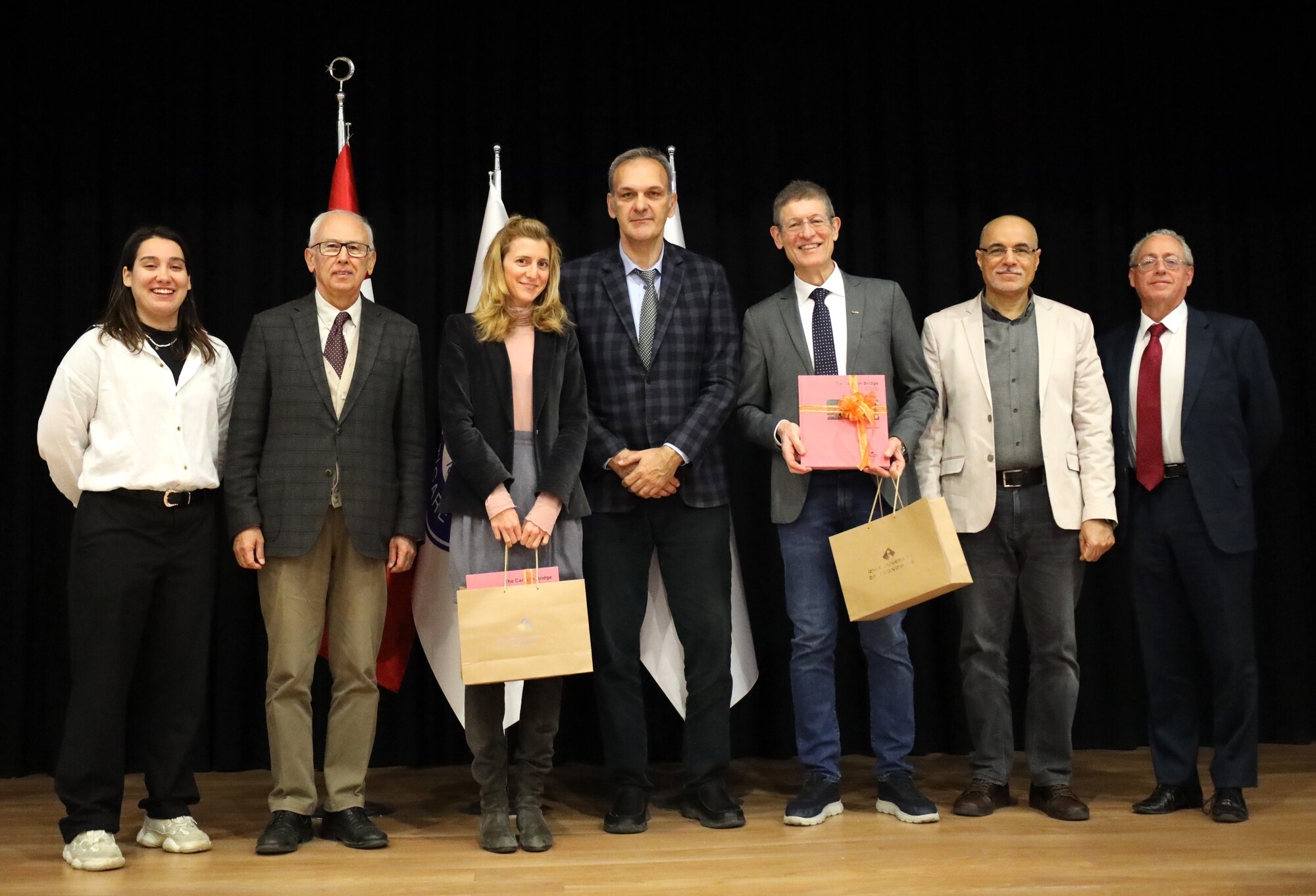
Italian National Space Day Workshop
The Italian National Space Day Workshop was successfully held on December 16, 2024, by the Aerospace Engineering Department of Izmir ...
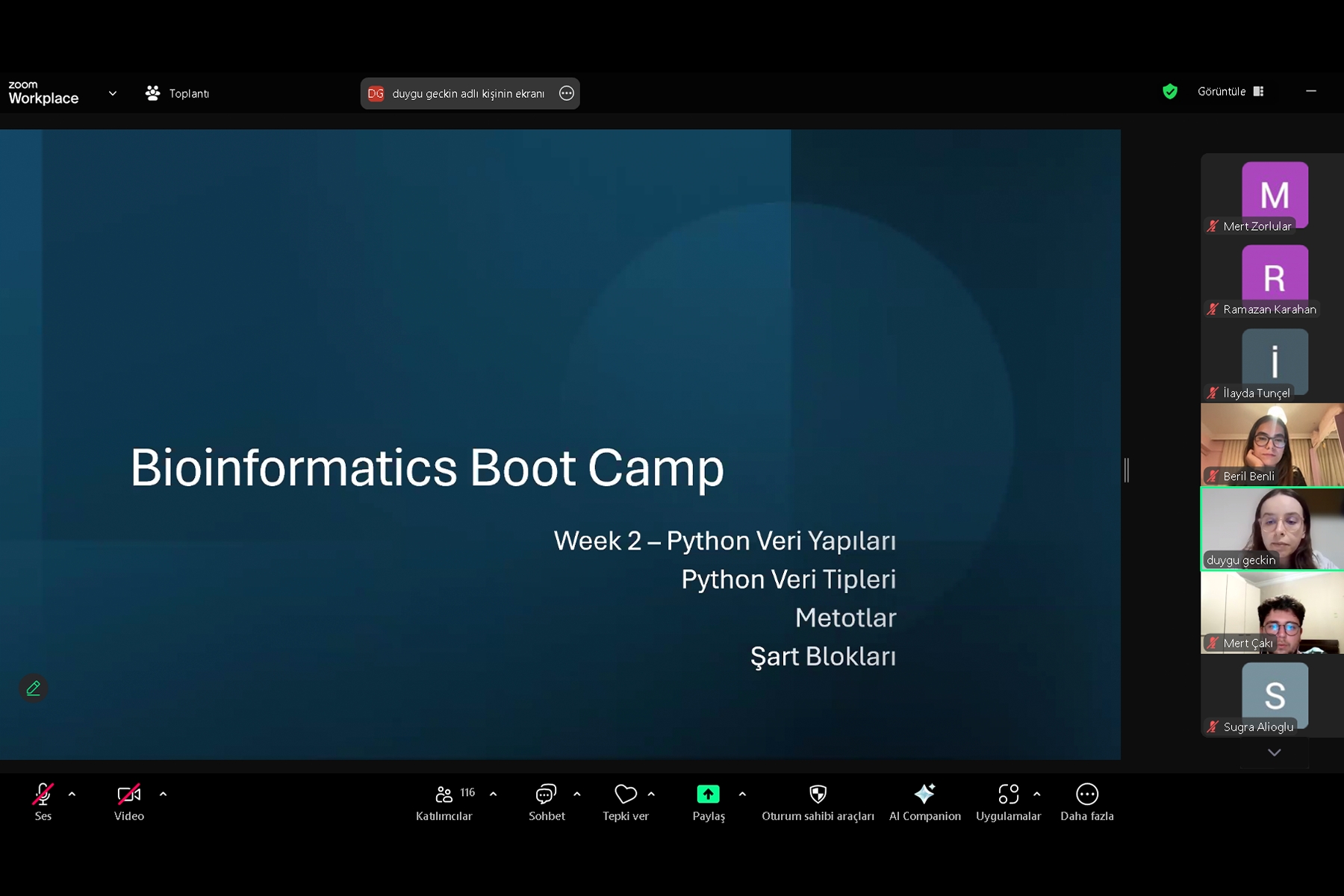
The 3-week Bioinformatics Bootcamp
The 3-week Bioinformatics Bootcamp, organized by our university's IEEE EMBS and CS student branches, has been successfully completed. Research Assistant ...
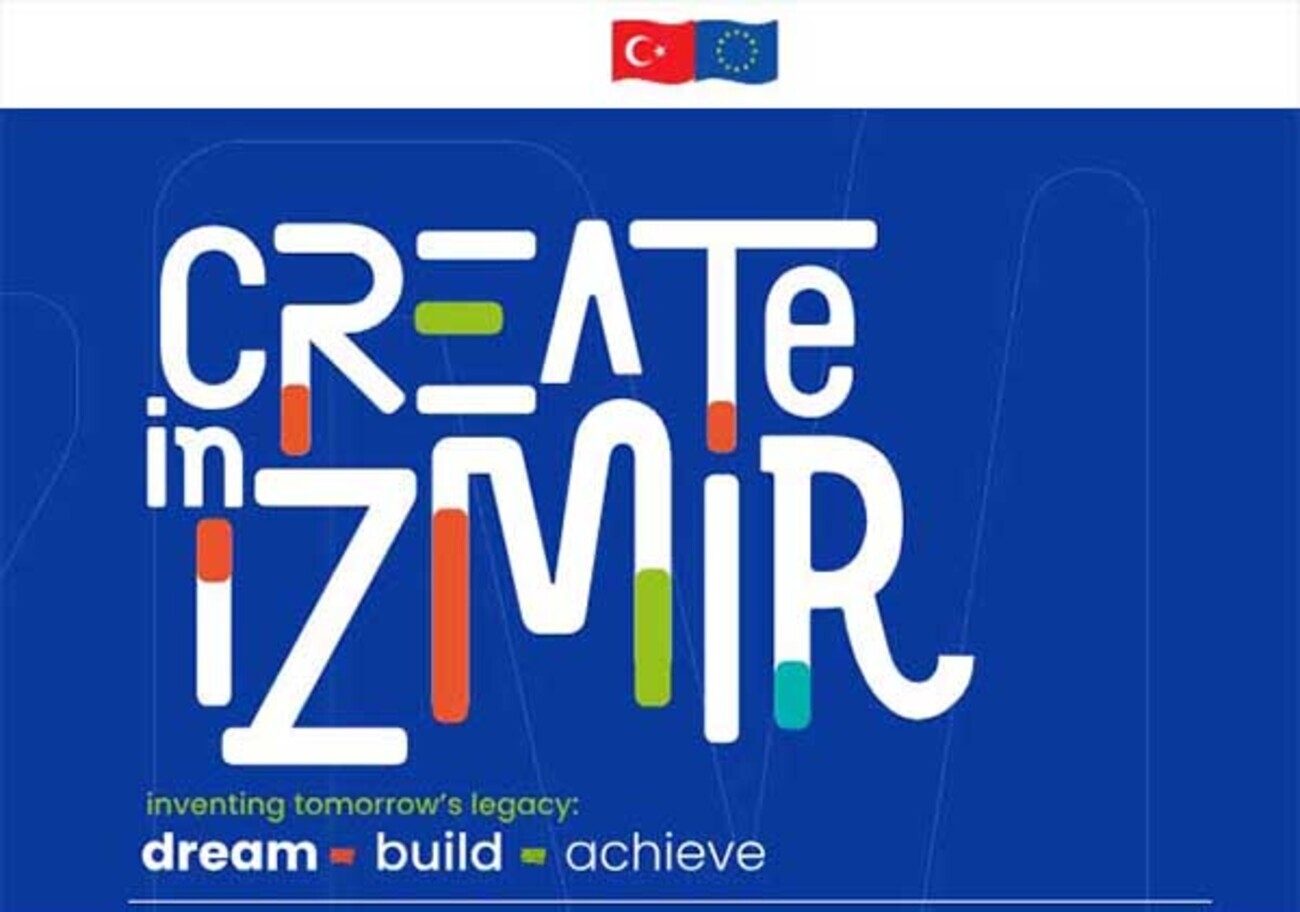
Izmir University of Economics Information Technologies Hackathon Event
Izmir University of Economics IT Hackathon was held on 21-22 December 2024 with the participation of 22 of our students ...
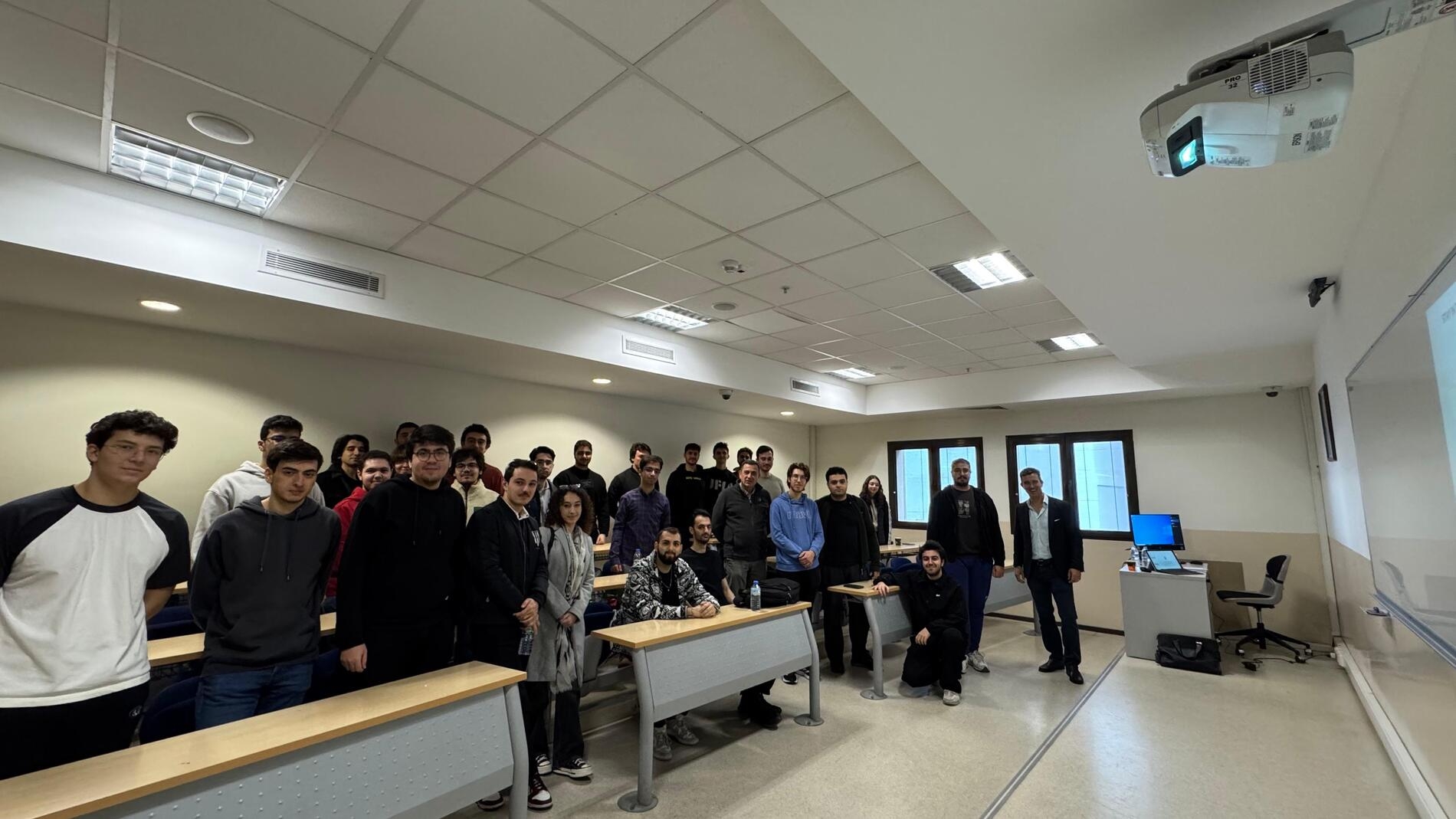
Visit of broadAngle in Izmir University of Economics
Garrison Atkisson, co-founder and CEO of broadAngle, a software company operating in the US and Izmir, and Nihatcan Çolpan, a ...

NEW GÜZELBAHÇE CAMPUS
DetailsGLOBAL CAREER
As Izmir University of Economics transforms into a world-class university, it also raises successful young people with global competence.
More..CONTRIBUTION TO SCIENCE
Izmir University of Economics produces qualified knowledge and competent technologies.
More..VALUING PEOPLE
Izmir University of Economics sees producing social benefit as its reason for existence.
More..





